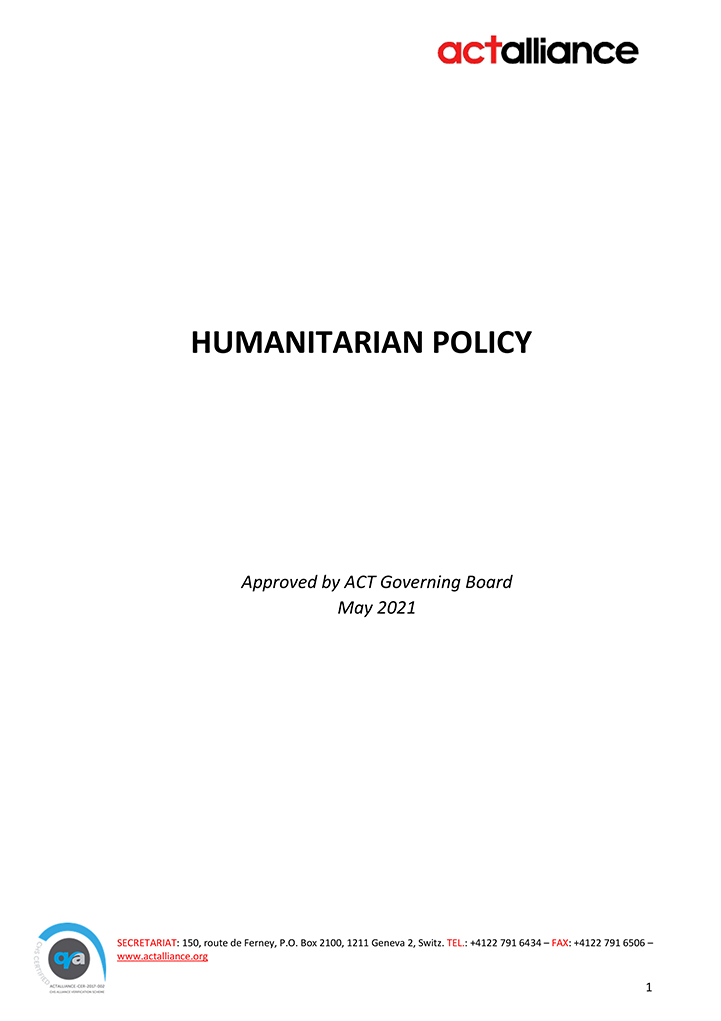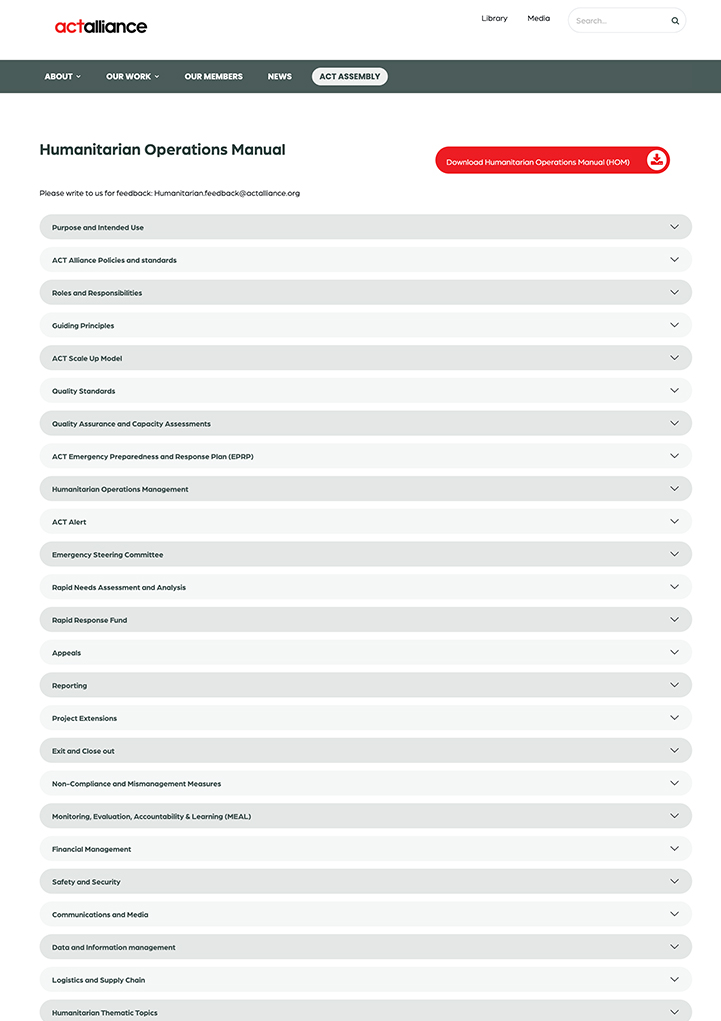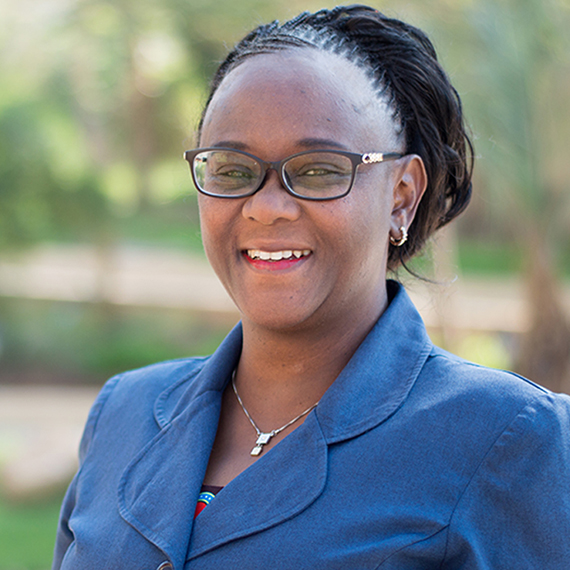The crisis in Sudan is having devastating consequences for millions of people across the country. Time is running out for millions of people in Sudan who are at imminent risk of famine, displaced from their lands, living under bombardments, and cut off from humanitarian assistance.Since the conflict broke out in April 2023, almost 7.3 million people have been internally displaced across the country, bringing the total number of people displaced in Sudan to almost 10.1 million. To respond to some of the immediate needs of IDPs, Refugees, and host communities in Sudan, in close consultation with the Bishops of Sudan, CAFOD, and NCA, coordinated with the CI secretariat in Rome and ACT Alliance and agreed to launch the joint appeal.Caritas Internationalis in consortia with ACT Alliance and through CAFOD and Norwegian Church Aid (NCA) have joined forces to launch a new Emergency Appeal (EA 20/2024 Sudan/ SDN241) to scale up the response to the disastrous humanitarian situation exacerbated by the internal conflict since 2023 and which have put now 25 million people (half of Sudan’s population) in extremely dire conditions.
This appeal seeks to secure continued support for the IDPs, refugees, and host communities in North Darfur, Gedaref, White Nile, North Kordofan, River Nile, and Khartoum. The lead agency for implementation of the Appeal is CAFOD and NCA in partnership with local partners.
The timeframe of EA 20/2024 Sudan/SDN241 is 12 months, from September 1st, 2024 to August 31st, 2025. It will reach 98,322 individuals (3.195 HHs) IDPs, Refugees and Host Communities affected by crisis.
The Overall objective: Crisis affected Internally Displaced Persons, host communities and Refugees in North Darfur, Gedaref, White Nile, North Kordofan, River Nile, and Khartoum have access to multisectoral humanitarian response through the provision of WASH, GBV, and multi-purpose cash assistance services that improve their health, well-being, and dignity and to save their lives.
The EA aims to achieve the following results:
Result 1: Multi-purpose Cash Assistance delivered to 3.195 households
Result 2: WASH services delivered to 98.322 individuals (56.043 Female and 42.279male)
Result 3: Protection quality multisectorial services delivered to 15.680 individuals (Women 6.272, Men 3.136, Girls 4.704 and Boys 1.568).
Please note that this joint EA has been coordinated with Caritas Sudan and is complementary to the ongoing EA 36/2023 SUDAN and for which CAFOD is the facilitating partner, and the ACT Alliance appeal SDN231. The scale and impact of the Humanitarian situation is so grave that scaling up through collaboration with other international and national actors was needed to be able to reach more communities in need.
The budget requested for the Emergency Appeal is 2.197.186 EUR











